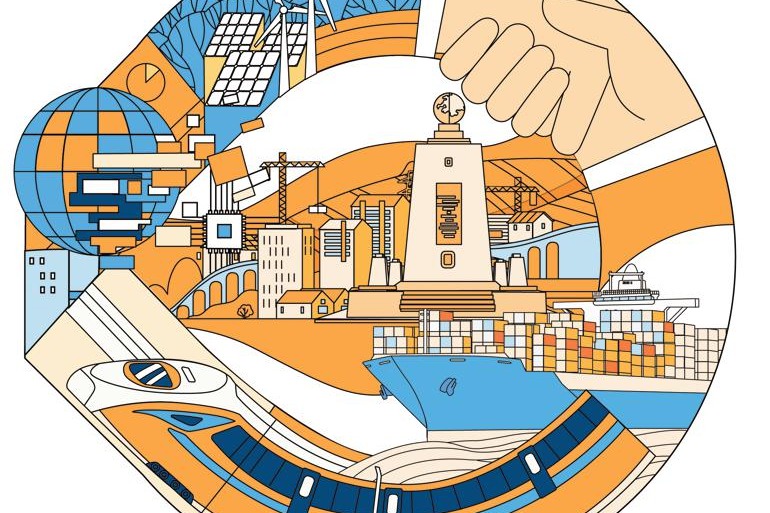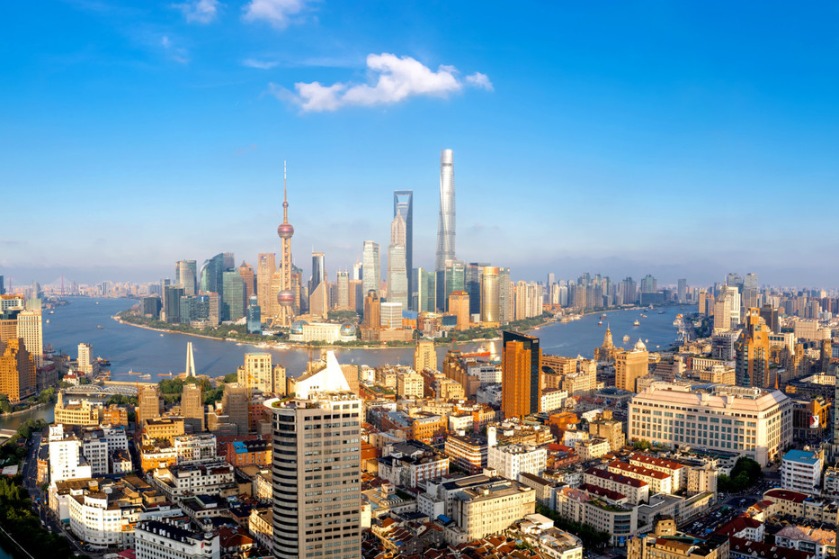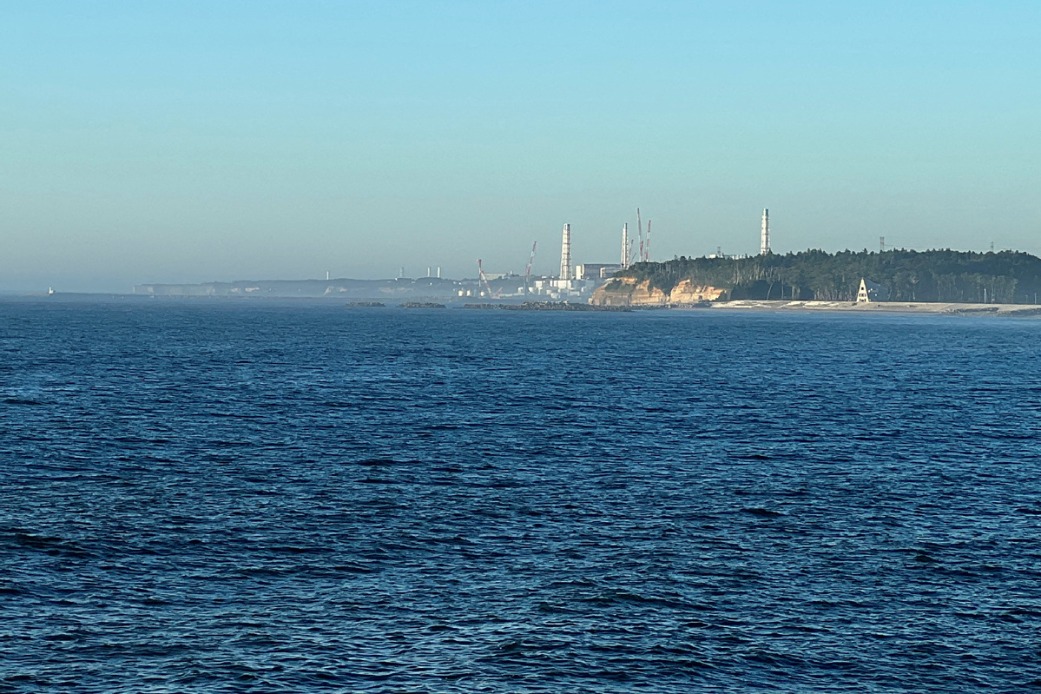This UK magazine pretends to be European. It's not


French President Emmanuel Macron's call on Europe to develop more strategic autonomy lest the continent become a "vassal" in the event of a great-power confrontation has stirred up anxiety and furor in Western media. But he was later criticized by some Anglo-Saxon media for making a "blunder," though he merely told the truth.
In an opinion piece, The Economist downplayed Europe's ability to make independent decisions, disregarded international law and consensus regarding Taiwan and was seen as aligning with the views of the United States, just like a vassalized media organization.
During an interview on his flight back from China in April, Macron said it was not the continent's business "getting caught up in crises that are not ours," and "the worst thing would be to think that we Europeans must become followers on this topic and adapt to the American rhythm or a Chinese overreaction."
The Economist enumerated Macron's "two errors" in the interview, claiming his words sowed further division inside the bloc, peeled Europe away from the United States and undermined "allied support for Taiwan."
However, these arguments are rendered invalid by the following basic facts. First, Washington treats the bloc only as a "selective ally," with their ally-ship subject to the U.S. interests. Second, the Taiwan question is purely an internal matter for China and brooks no external interference.
The United States, a master of the "beggar-thy-ally" scheme, has never wanted a united and autonomous Europe. The distrust and divide in Europe and between the two sides of the Atlantic should be ascribed to self-serving Washington, as reflected by the Ukraine crisis.
Pascal Boniface, director of the Institute for International and Strategic Affairs in Paris, opines that Washington has utilized the crisis to keep Europe permanently dependent on the United States.
By inflaming the Ukraine situation, the United States has reaped considerable profits from Europe, pushing the continent to bear all the painful consequences, such as the energy fiasco and selling it energy at much higher prices when it desperately needed gas. Macron was quoted as saying last year "That is not exactly the meaning of friendship."
With the transatlantic rift deepening in recent years, the voice calling for Europe's "strategic autonomy" is simultaneously growing. In mid-April, European Council President Charles Michel suggested that Macron's position was not isolated among EU leaders but instead reflected an ongoing tendency among them.
As for the Taiwan question, there is only one China, and Taiwan is part of China; this is an indisputable fact supported by history and law. Any attempt to distort these facts and dispute or deny the one-China principle will fail.
Apart from Macron, many European leaders, including Michel, European Commission President Ursula von der Leyen and Spanish Prime Minister Pedro Sanchez, have recently reiterated their commitment to the one-China policy on various diplomatic occasions.
The suspicion and hysteria sparked by Macron's truthful remarks have highlighted the hypocrisy and fragility of "Western unity."
Meanwhile, the Economist represented a crowd of self-righteous elites in the West who elevate themselves by smearing others and seek to bolster Western hegemony while pretending that it claims a moral high ground. By the way, the UK is not as seriously affected as its neighbors on the European continent in the Ukraine crisis.
The Economist concluded, "Together, America and Europe may or may not prevail. Apart, they will usher in a Chinese century" -- a typical piece of the dualistic discourse.
In fact, China advocates for a multipolar world and greater democracy in international relations but never a so-called "Chinese century." And what the Economist fears most is that China's development will drive the Global South's pursuit for a more just, balanced and democratic world, thereby ending a Western-centric, hegemonic era.


































